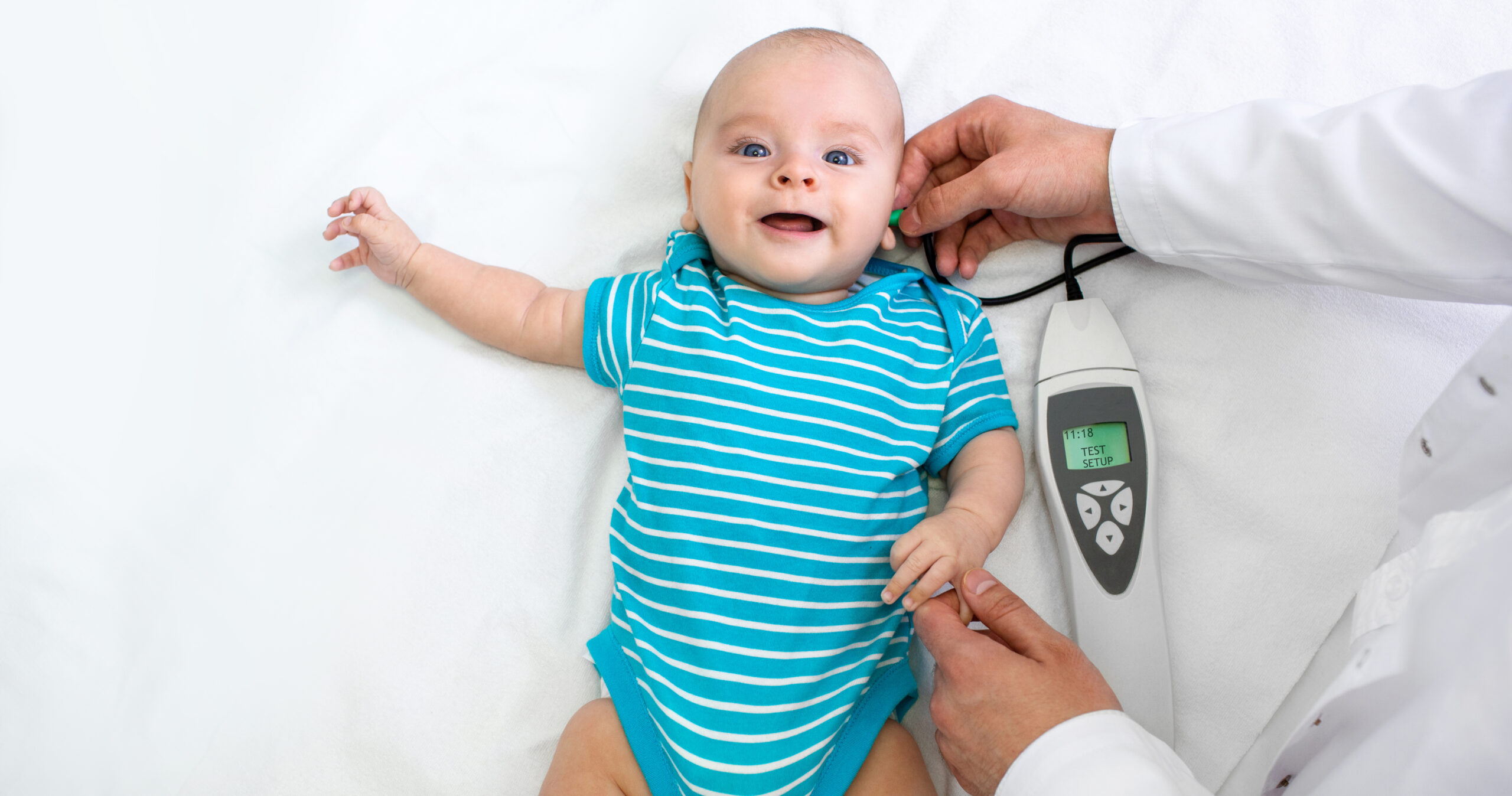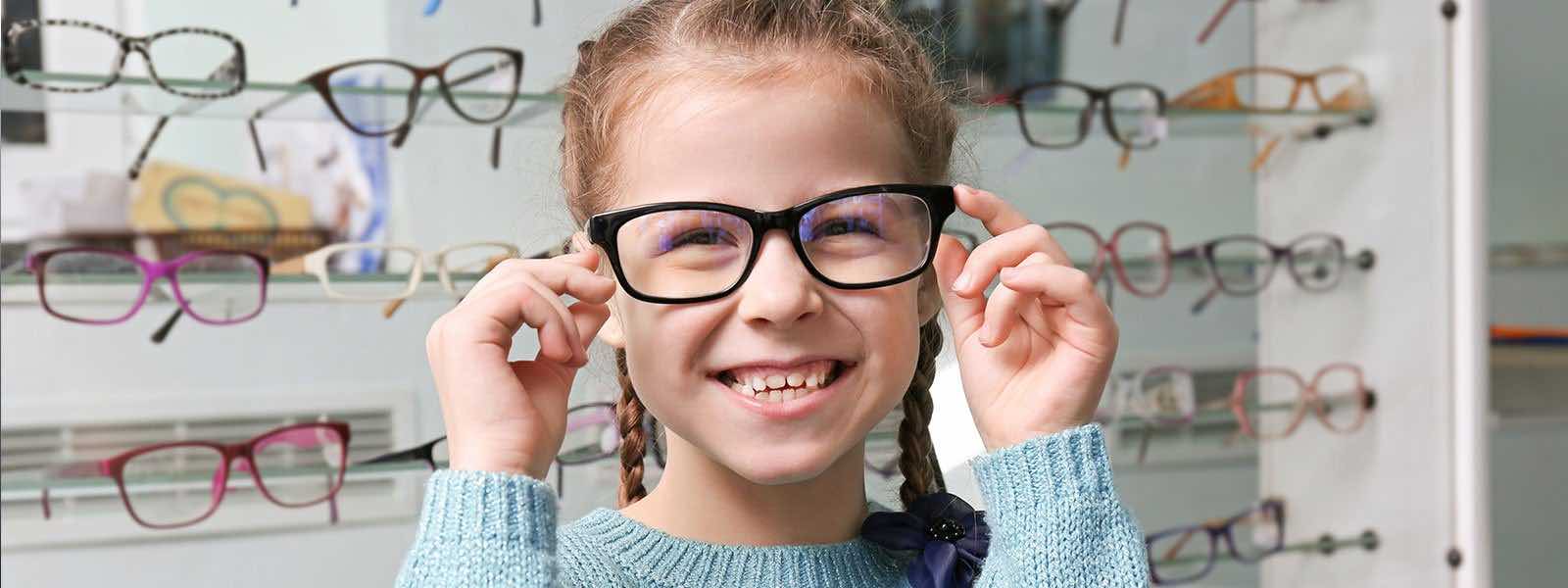Understanding Newborn Hearing Screening

The Importance of Newborn Hearing Screening
As you embark on this incredible journey of parenthood, there are numerous important steps to ensure your newborn’s health and development. One such critical step is newborn hearing screening. In this blog post, we will explore the significance of newborn hearing screening, its process, and why it is crucial for your baby’s well-being.
Understanding Newborn Hearing Screening
Newborn hearing screening is a simple and painless test that is typically performed before your baby leaves the hospital or birthing center. The purpose of this screening is to detect any potential hearing loss or hearing-related issues early on. Early detection is key, as it allows for timely intervention and support, which can significantly impact your baby’s speech, language, and cognitive development.
What to Expect with Newborn Hearing Screening
Newborn hearing screening typically involves two tests: the Otoacoustic Emissions (OAE) test and the Automated Auditory Brainstem Response (AABR) test.
Otoacoustic Emissions (OAE) Test:
This test measures the sounds produced by the inner ear (cochlea) in response to external sounds. A small probe is placed in your baby’s ear, and the response from the cochlea is recorded. If the cochlea is functioning normally, it should produce an echo-like response. If no response is detected, it may indicate a potential hearing issue.
Automated Auditory Brainstem Response (AABR) Test:
This test measures the electrical activity of the auditory nerve and brainstem in response to sound. Soft electrodes are placed on your baby’s head, and a series of clicking sounds are played through earphones. The electrical response from the auditory nerve and brainstem is recorded. This test can identify hearing loss even if the cochlea is functioning normally.
Why is Newborn Hearing Screening Necessary?
Newborn hearing screening is a critical step in ensuring the overall health and development of a newborn. Here are several key reasons why newborn hearing screening is necessary:
- Early Detection and Intervention: Identifying hearing loss early allows for prompt intervention and support. Babies with hearing loss who receive early intervention services, such as hearing aids or cochlear implants, have shown significant improvements in speech and language development.
- Developmental Milestones: Hearing plays a crucial role in a baby’s speech and language development, as well as their overall cognitive development. Early detection of hearing loss ensures that appropriate interventions can be implemented to support your baby’s developmental milestones.
- Emotional and Social Well-being: Hearing loss can impact a child’s emotional and social well-being, as it may affect their ability to communicate and interact with others. Early intervention can help minimize these challenges and support your baby’s overall well-being.
- Parental Peace of Mind: Newborn hearing screening provides parents with the peace of mind that their baby’s hearing has been thoroughly evaluated. If any issues are detected, parents can take proactive steps to address them.
Trust SightMD for your Children’s Hearing Evaluations
Newborn hearing screening is a vital step in ensuring your baby’s overall health and development. By detecting potential hearing issues early, you can provide your baby with the support and interventions they need to thrive. If you have any questions or concerns about newborn hearing screening, don’t hesitate to contact SightMD today. Your baby’s hearing is worth every effort, and early detection can make a world of difference.


